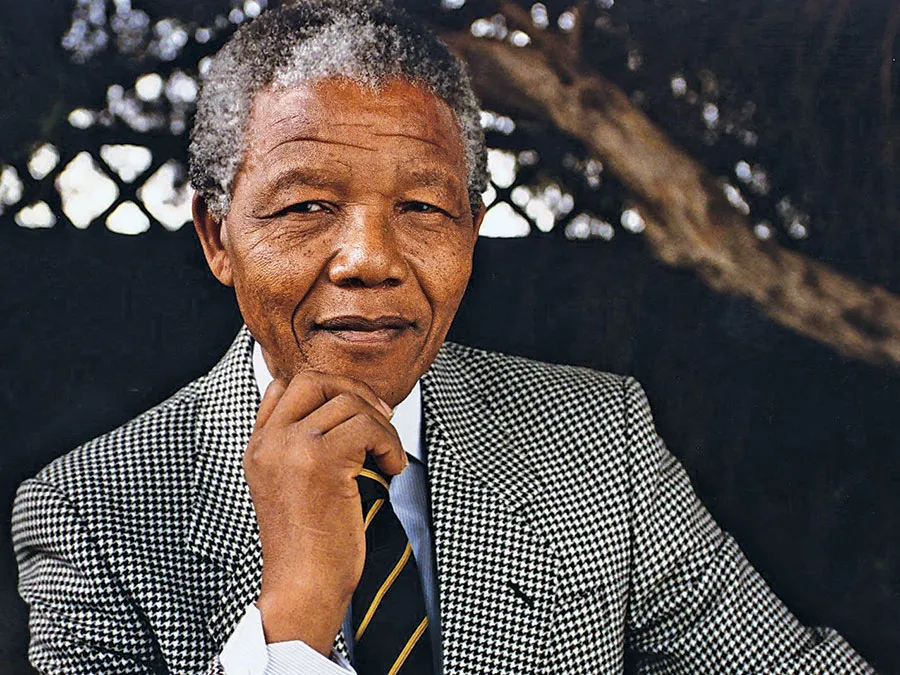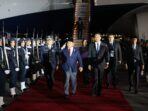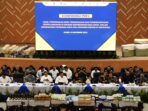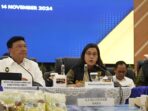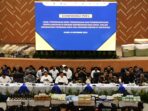Prabowo Subianto in his book 2 Kepemimpinan Militer: Catatan dari Pengalaman Letnan Jenderal TNI (Purn.) Prabowo Subianto, recounted an interview he had with Al Jazeera in 2013. The interview, part of the “Talk to Al Jazeera” series, was a 25-minute one-on-one with a senior reporter and was broadcasted worldwide to tens or even hundreds of millions of potential viewers. During the interview, they discussed Prabowo’s political struggles and the reporter mentioned that Prabowo was barred from entering the United States due to certain actions. In response, Prabowo likened his situation to that of Nelson Mandela, who also faced similar accusations but remained steadfast in his beliefs, ultimately being vindicated by history. Prabowo expressed his admiration for Mandela and cited his struggle as a source of strength during difficult times.
Nelson Rolihlahla Mandela was born on July 18, 1918, in Mvezo, South Africa and passed away on December 5, 2013, in Johannesburg, South Africa. He was known as a leading figure in the anti-apartheid movement, serving as the President of South Africa from 1994 to 1999 and a global advocate for peace.
The apartheid policy in South Africa, which began in the early 20th century, imposed discriminatory laws based on race, placing the majority black population under the oppressive rule of the minority white population. Mandela, born into a prominent family within the Xhosa tribe, became aware of the apartheid policies after his father’s death and experienced firsthand the disparity in treatment between black and white communities.
Driven by a sense of injustice, Mandela abandoned his university studies to join the full-time struggle for independence. He became a prominent leader of the African National Congress (ANC) and co-founded its military wing, Umkhonto we Sizwe (Spear of the Nation), after realizing the futility of nonviolent resistance.
In 1962, Mandela and 10 other ANC leaders were arrested and charged with sabotage and conspiracy to overthrow the government through violent means, leading to a life sentence in prison. His imprisonment sparked both domestic and international outcry, with pressure mounting for his release.
After 27 years behind bars, Mandela was finally set free in 1990, following the ascension of President Frederik Willem de Klerk, who sought to defuse racial tensions and international pressure. Mandela and de Klerk were jointly awarded the Nobel Peace Prize in 1993. Mandela went on to become the first black president of South Africa in 1994, marking the end of apartheid. He also championed national reconciliation, garnering widespread praise for his decision to serve only one term as president and his subsequent humanitarian work.
Mandela’s legacy extends far beyond his presidency, as he continued to be a revered global figure and advocate for human rights until his passing.
